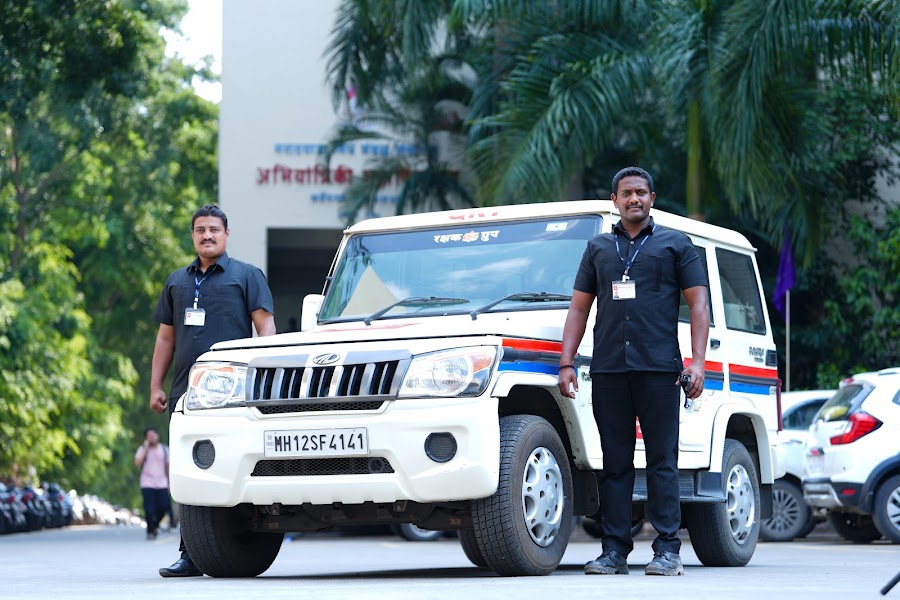1. Checking Identification: Verify the age and identity of individuals entering the establishment by checking IDs or other relevant documents to ensure compliance with legal age requirements.
2. Maintaining Order: Enforce venue policies and rules to maintain a safe and orderly environment. This includes addressing disruptive behaviour, preventing fights, and managing crowd control.
3. Patrolling and Monitoring: Walk through the venue to monitor the overall atmosphere, identify potential issues, and deter any unwanted activities.
4. Handling Confrontations: Address and defuse conflicts between patrons to prevent escalation. Bouncers should have effective communication and conflict resolution skills.
5. Ejecting Unruly Patrons: Remove individuals who pose a threat to the safety or enjoyment of others. This may involve escorting them off the premises and, if necessary, liaising with law enforcement.
6. Assisting with Emergency Situations: Be prepared to respond to emergencies, such as medical incidents or evacuations. Bouncers may need to provide initial assistance and coordinate with emergency services.
7. Coordinating with Law Enforcement: Collaborate with local law enforcement when necessary, providing information or assistance as required for the safety and security of the venue.
8. Maintaining Professionalism: Project a professional and approachable demeanour. Bouncers should act with integrity, treating patrons with respect while enforcing the establishment’s policies.
9. Knowledge of Venue Policies: Stay informed about the specific rules and policies of the venue, including entry requirements, dress codes, and any other regulations.
10 . Physical Fitness: Bouncers may need to intervene physically to control situations or remove unruly individuals. Physical fitness is often a requirement for the role.
11. Conflict Resolution Training: Some employers provide bouncers with training in conflict resolution techniques to handle situations peacefully and effectively.

